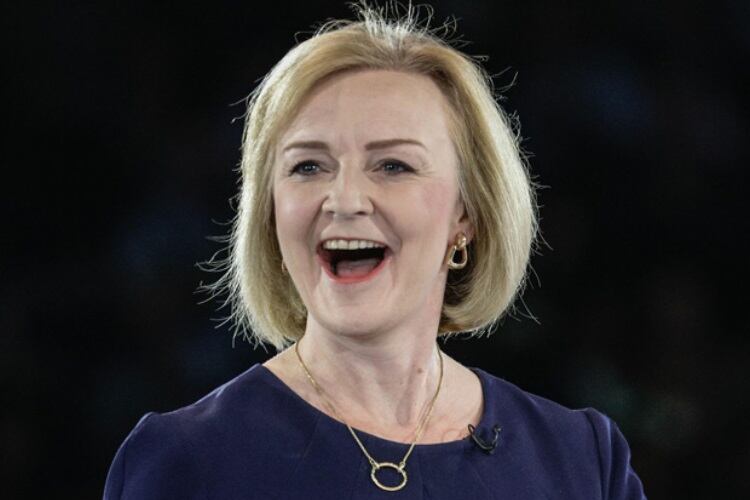In a joint statement released today, Copa-Cogeca, the Primary Food Processors (PFP) and FoodDrinkEurope warned that production costs have increased ‘dramatically’ as natural gas, electricity, fertilisers, fuel, packaging and labour expenses have all risen.
Cost increases were initially due to a post-COVID rebound in demand and supply chain constraints, but they have been severely exacerbated by the Russian invasion of Ukraine, they warned.
Combined with extreme weather events, the current situation is a perfect storm for European food producers. Droughts, storms and frosts have already caused ‘major impacts’ on the farming community and agri-food businesses, they said.
“More and more companies in the EU agri-food chain are struggling to maintain their operations, with some companies faced with the choice of stopping production, laying off staff or going out of business,” the joint statement warned.
A call to action
Timed ahead of the Extraordinary Energy Council on Friday 9 September and European Commission President Ursula von der Leyen’s annual State of the Union speech next week, the industry lobbies want the EC to take action.
The agri-food chain backed the European Commission’s recent “Save Gas for a Safe Winter” Communication, which they said singles out the critical importance of Europe’s agri-food supply chain and the need for a secure supply of gas to maintain food security.
However, to continue operating and to maintain a fully functioning food supply chain, the sector needs ‘certainty on the access to energy and stable prices’.
Specifically, the food bodies continued, the Commission must support Member States to intervene to bring energy prices down and increase liquidity on energy markets, diversify energy supply, boost sustainable energy generation, and support the competitiveness of operators.
More EU oversight of Member State gas rationing plans is also needed, to make sure they prioritise the agri-food sector, it was insisted. In addition, a further revision of the Temporary Crisis Framework is urgent, to ensure that it can be used by Member States and businesses.
“We hope Energy Ministers reflect on the impact on the agri-food sector at their meeting, and that president Von der Leyen will acknowledge the vital importance of the agri-food sector at her State of the Union address.
“As during the COVID-19 crisis, we are committed to working with the European Institutions to provide a continuous supply of high-quality and affordable products.”




